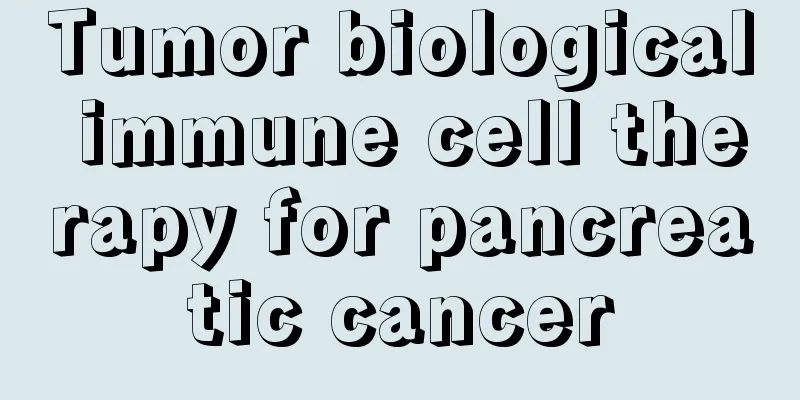Will nasopharyngeal cancer cause headaches? What are the early symptoms?

|
In life, many people with nasopharyngeal cancer worry whether the disease will cause headaches. So, can nasopharyngeal cancer cause headaches? What are the early symptoms? Can nasopharyngeal cancer cause headaches? If the nasopharyngeal carcinoma tumor metastasis causes headaches, local radiotherapy can be used to relieve the pain by killing local cancer cells. It is recommended to go to the hospital for a follow-up examination and then receive targeted treatment. Headache is also a common symptom of nasopharyngeal carcinoma, accounting for 68% and 66% of patients with headache. It can be the first symptom or the second symptom. In the early stage, the location of headache is not fixed and intermittent. In the late stage, it is continuous migraine with fixed location. Nasopharyngeal cancer is a common tumor in the south. There is only one bone between the nasopharynx and the base of the brain, which is only a few millimeters thick. The main characteristic of cancer is to destroy and invade surrounding tissues. Nasopharyngeal cancer likes to grow on the mucous membrane at the base of the brain and easily invades the skull. The tumor destroys bones and mucous membranes, and when it involves the meninges, it can cause severe headaches. 68% of NPC patients have headache symptoms. For 6%, the location of headache is relatively fixed, mostly in the temporal, top or occipital area of the affected side. The pain is often continuous and worsens at night. The nature of the headache is mostly distending pain, stabbing pain or dull pain. In the late stage, unbearable severe pain occurs. What are the early symptoms? Headache: About 70% of patients have headache symptoms when they are first diagnosed with NPC. The main symptoms are migraine, pain in the back of the skull or neck. The headache of NPC is mainly related to the invasion of the skull base bones, nerves and blood vessels by cancerous tissue. Swollen lymph nodes in the neck: Many NPC patients inadvertently come into contact with a "lump" in the neck and seek medical attention. This "lump" is actually a swollen lymph node. Swollen lymph nodes in the neck are often misdiagnosed as inflammation in NPC patients. For those who do not shrink after anti-inflammatory treatment or even continue to grow rapidly, especially those with hard texture, poor mobility, and multiple painless neck lumps fused together, they need to seek medical attention in time. As can be seen from the above, the most typical symptom of nasopharyngeal carcinoma is headache. Patients with nasopharyngeal carcinoma may also have symptoms such as swollen lymph nodes in the neck. |
<<: What is non-keratinizing nasopharyngeal carcinoma and how can it be treated?
>>: What can't you eat if you have ovarian tumor
Recommend
What are the special treatments of traditional Chinese medicine for lung cancer? What are the non-drug treatments for lung cancer pain?
What are the special treatments of lung cancer in...
What are the effects and side effects of deer antler?
Do you know the effects and functions of deer ant...
What to eat for three meals a day for osteosarcoma
Osteosarcoma can cause serious harm to patients, ...
What medicine is good for Ureaplasma urealyticum
Many people are not aware of ureaplasma urealytic...
Rectal cancer chemotherapy regimen
The chemotherapy regimen for rectal cancer includ...
Should I brush my teeth before or after meals?
Once tooth decay occurs, it will seriously affect...
A brief discussion on the common symptoms of colon tumors
Colon cancer is a common malignant tumor disease,...
How can breast massage promote milk secretion?
After experiencing a painful childbirth, breastfe...
Can liver metastasis of colon cancer be cured?
The liver is the main metastatic site of colorect...
Does gallbladder cancer cause vomiting
At present, the cause of gallbladder cancer is st...
What is encephalitis?
Encephalitis is an inflammatory disease caused by...
My heart keeps beating fast after catching a cold
It would be fine if a person only had a cough and...
How to remove oil stains from clothes
When we do not develop good eating habits or do n...
What are the benefits of soaking your feet in pepper and vinegar?
Sichuan peppercorns and vinegar are both condimen...
Is there any cure for uremia
Many friends are very familiar with uremia, and t...









